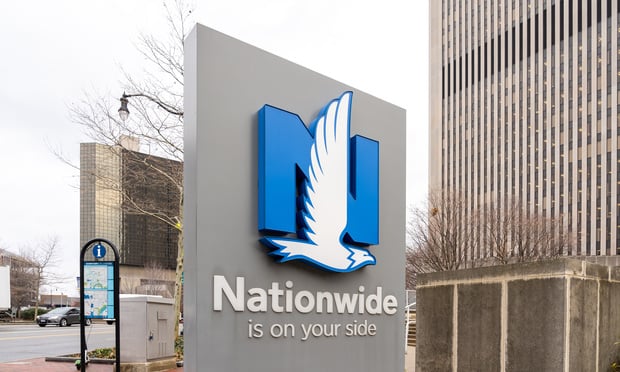NU Online News Service, April 15, 6:51 p.m. EDT
Officials from the captive domiciles of Bermuda, St. Lucia and Barbados will discuss domicile selection at the Captives & Corporate Insurance Strategies Summit in Toronto on June 1-2.
The speakers will focus on the regulatory environment for licensing and administration, security requirements and captive asset management.
Daniel H. Kugler Jr., assistant treasurer, risk management with Snap-on Inc., will give a case study on how Snap-on developed an in-house claims administration program (Licensed TPA). He will explain how and where Snap-on identified costs savings and accelerated the processing cycle while still providing superior service to its insured.
He tells NU Online News Service that the domicile of Barbados has advantages for Canadian companies because it has a tax treaty with Canada.
Although the captive industry in Canada is still getting off the ground, he says companies in Canada have many of the same reasons for forming captives as those in the United States.
An example, he explains, is a company with a risk profile higher than many other companies in the same industry that doesn't feel it is getting an appropriate premium for the risk.
Steven Beeghly, with Kreger Beeghly, PLLC in Seattle, Wash., says in a white paper on the Canadian Captive Insurance Association website that captives could benefit Canadian businesses with U.S.-based risks, including branch offices, subsidiaries and products shipped to the U.S.
He says that an obvious reason for a captive is that the general price of insurance is much lower in Canada than the U.S. Generally speaking, he adds, “the USA has been loath to adopt tort caps or other mechanisms to limit damages in a tort suit that we understand may help to reduce costs in various provinces. Moreover, each state in the U.S. has its own set of insurance rules.”
He notes that this in effect creates one country with “seemingly 50-plus different regulators, with different sets of laws. The regulatory red tape adds to costs, not to mention different litigation costs.”
A Canadian company with workers in the U.S. may want to form a captive for claims control, customized coverage, profit, budget consistency, reinsurance access, group/ pool benefits and possible U.S. tax benefits, he adds.
Want to continue reading?
Become a Free PropertyCasualty360 Digital Reader
Your access to unlimited PropertyCasualty360 content isn’t changing.
Once you are an ALM digital member, you’ll receive:
- Breaking insurance news and analysis, on-site and via our newsletters and custom alerts
- Weekly Insurance Speak podcast featuring exclusive interviews with industry leaders
- Educational webcasts, white papers, and ebooks from industry thought leaders
- Critical converage of the employee benefits and financial advisory markets on our other ALM sites, BenefitsPRO and ThinkAdvisor
Already have an account? Sign In Now
© 2025 ALM Global, LLC, All Rights Reserved. Request academic re-use from www.copyright.com. All other uses, submit a request to [email protected]. For more information visit Asset & Logo Licensing.








